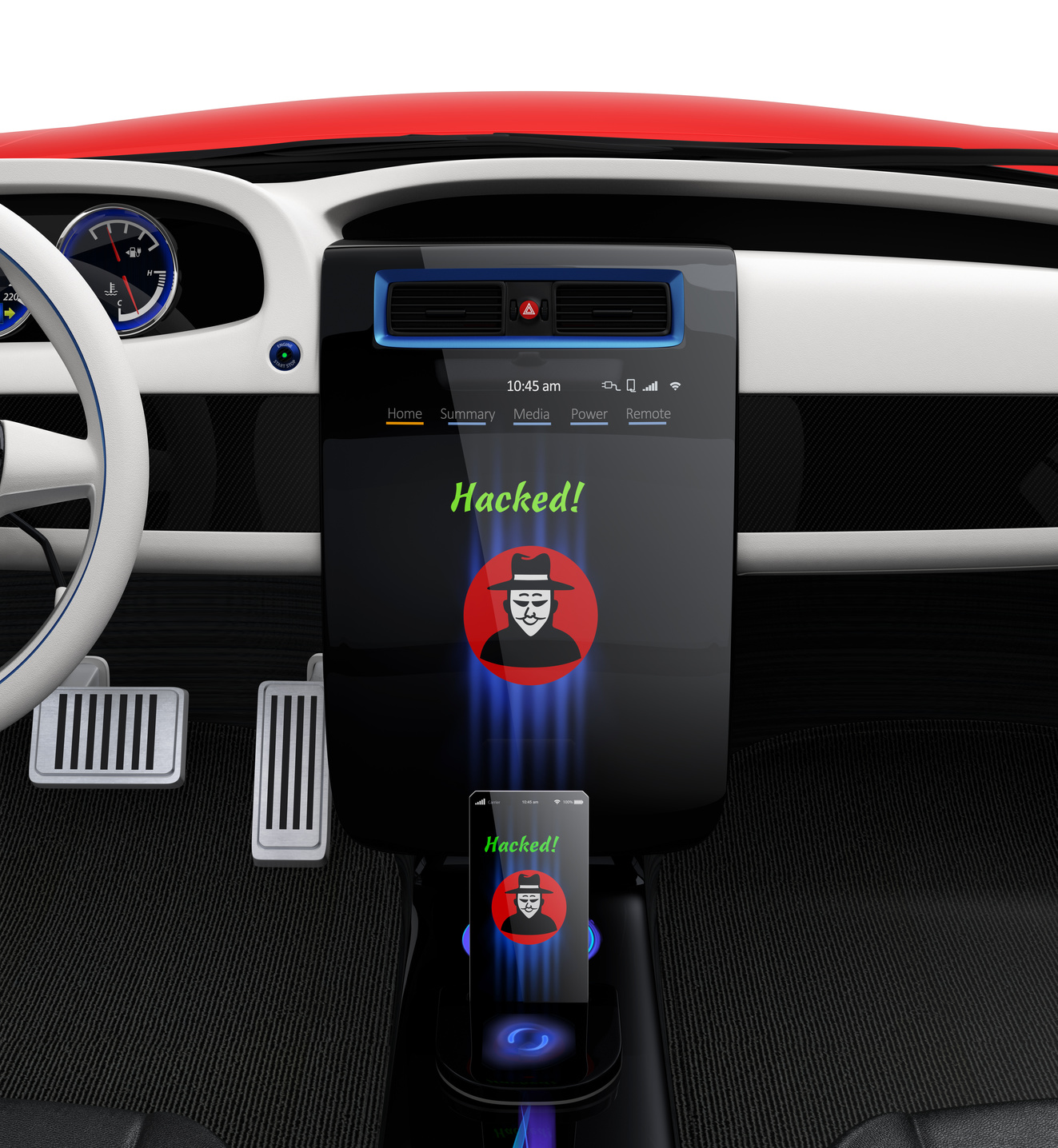
By Sandra Guile
Better Business Bureau
The days of playing license plate bingo, singing silly songs, teasing siblings, or hearing “I Spy” on long car rides are long gone. Those activities are now replaced with the latest video games, Netflix, or iTunes playlist. All of this media is now blaring through the earbuds that are stuffed into the individual skulls of the passengers.
Meanwhile, the driver taps the dashboard GPS for directions instead of consulting a printed map. Idle conversation is now replaced with deafening silence. Everyone, except the driver, is connected to the vehicle’s available Wi-Fi. While everyone in the car is plugged in and unaware, an invisible hitchhiker has made its way into the vehicle and taken up residence through the prevalent use of streaming devices.
Quietly, it feeds on data, passwords, photos, and personal information the driver and passengers are unknowingly giving up.
The Internet of Things has made life simpler for travelers and easier for the future of car hacking. Car hacking, defined as the remote manipulation of a vehicle’s electronic control unit (ECU). The ECU allows owners to check the health of the vehicle like oil, tire pressure and engine temperature. Many of these diagnostics are becoming more available wirelessly through the use of a smartphone app and manufacturers are using more apps that are connected to the Internet.

The Federal Bureau of Investigation warns car hacking will become prevalent as manufacturers include Internet connectivity as an option on future vehicle models. The concern is that the scammer will not just go after information stored on the personal devices connected to the vehicle’s Wi-Fi, but will also control the vehicle itself.
Think of it like when a scammer remotely programs a pop-up box to appear on a computer or tablet claiming it’s infected with a virus. Then, if the pop-up is clicked on, the scammer takes over and demand a ransom to release the device. It’s the same concept except, now they’re using a 4,000-pound vehicle like RC car with people inside.
If the vehicle does not have Wi-Fi and there is a plan to use a portable Wi-Fi device or hot spot while traveling, change the password for the device. It doesn’t take much for hackers to find the type of device being used, look up the manufacturer-assigned password, and access the personal devices being used in the vehicle.
As the summer travel season begins, pack the bags, pack the sunscreen, pack the electronics for entertainment, and pack a little extra caution. Make sure the vehicle’s anti-viral software is up to date, according to the manufacturer. Avoid plugging any unknown or unscreened devices into your car’s USB ports, including flash drives used to store music. These could introduce malware—malicious software that could change your car’s computer system.
Use a trusted mechanic because the car’s diagnostic connection is an avenue where malware could be installed and allow for a remote hack.
Know who has access to your car, including who has the spare keys. Find more summer travel tips on bbb.org.
Sandra Guile is the Community Outreach Specialist for BBB. She promotes BBB’s message of marketplace ethics through public speaking engagements, presentations, media relations, press releases, web content, and other written materials. Tune in Tuesdays at 10:30 a.m. with Scott Sloan on 700WLW for The Scam of the Week and every third Thursday with Brian Thomas on 55KRC. Contact Sandra at (513) 639-9126 or sguile@cincinnati.bbb.org. Your BBB is located at 1 East 4th Street Suite 600 Cincinnati, Ohio 45202 – to reach the office, call (513) 421-3015.

















